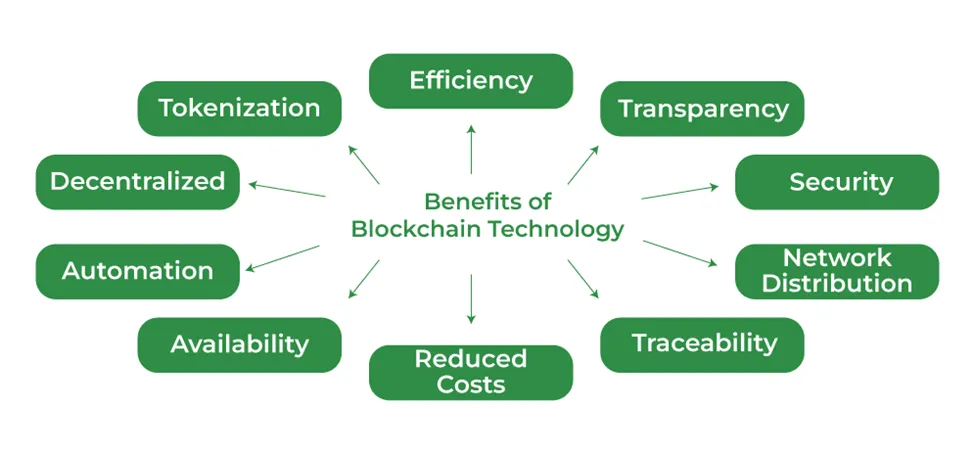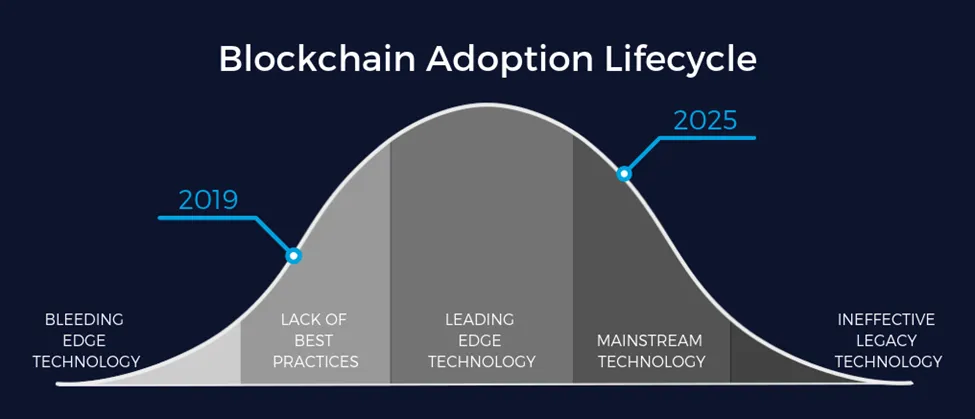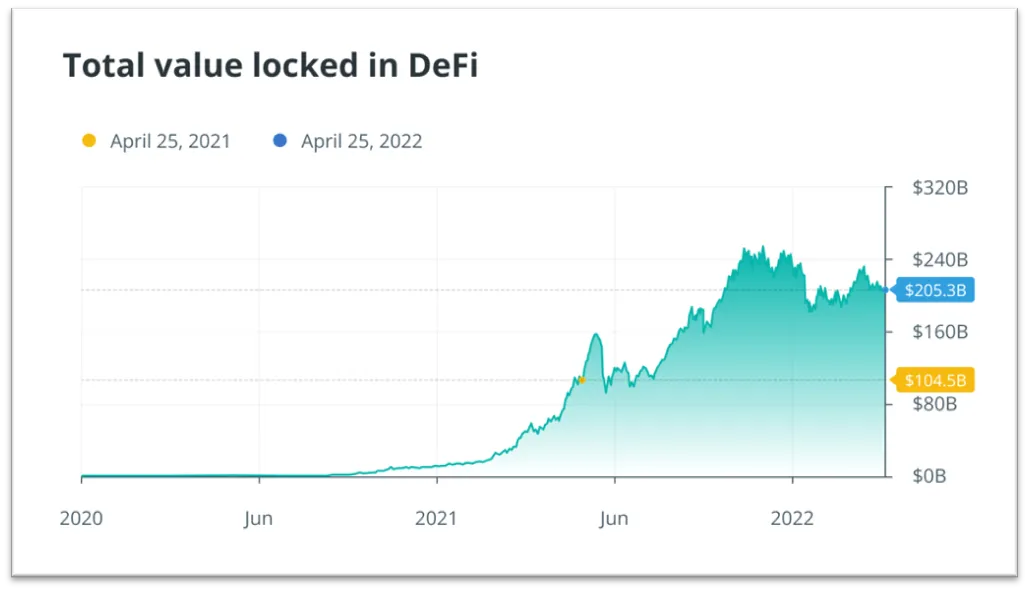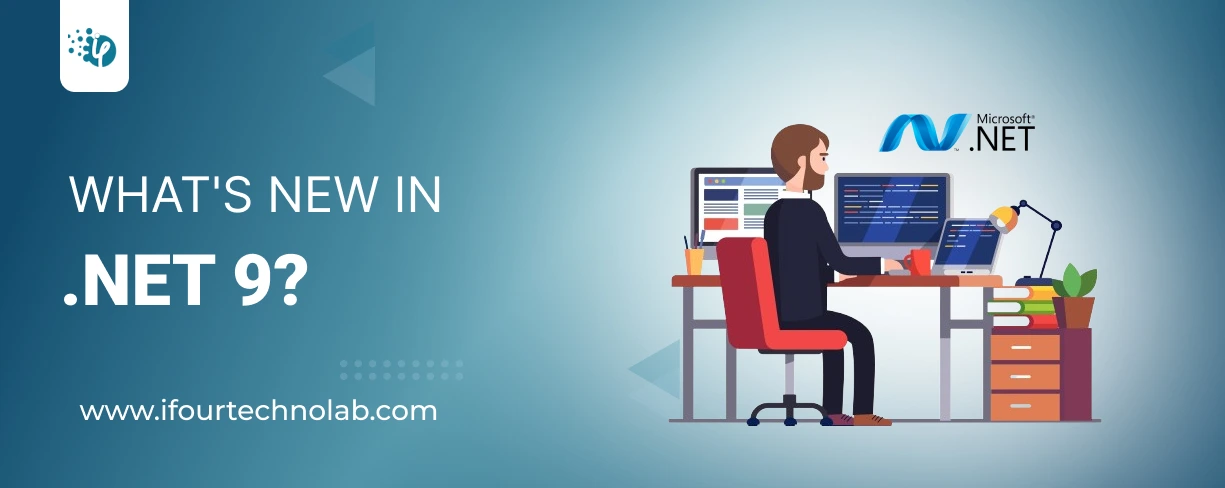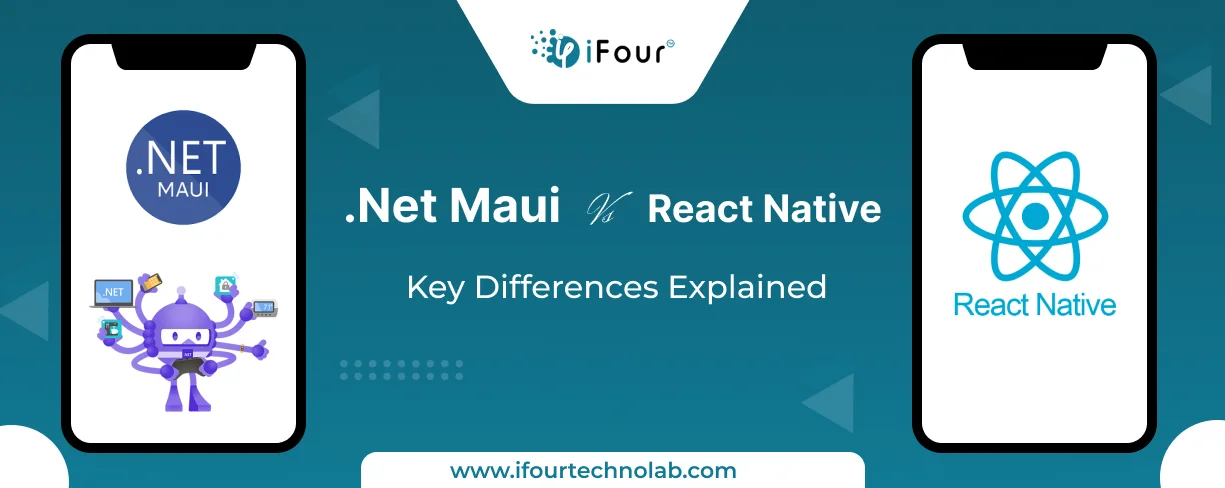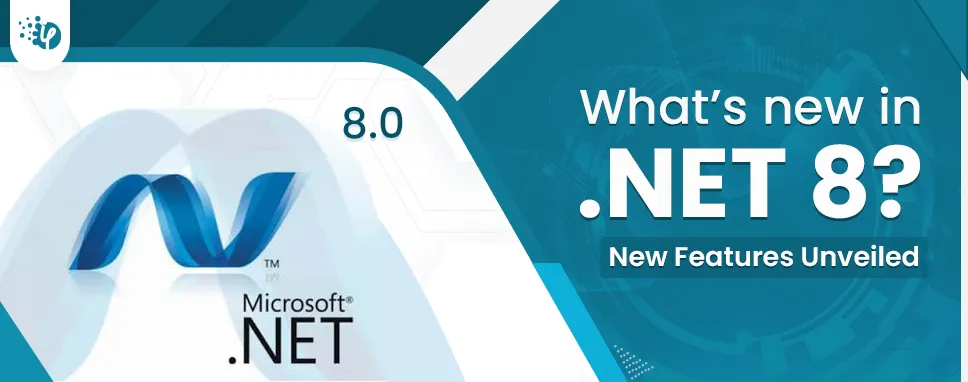Blockchain technology has the potential to revolutionize various industries and has given rise to several business models. Some of the common types of blockchain business models are:
The crypto business model: It involves trading involves the trading of cryptocurrencies, where users can buy and sell digital assets using fiat currency or other cryptocurrencies.
Identity Management: Blockchain-based identity management systems allow for secure and decentralized storage of personal information, enabling individuals to control who has access to their personal data.
Decentralized Finance (DeFi) Platforms: DeFi platforms use blockchain technology to offer financial services like lending, borrowing, and trading of digital assets in a decentralized manner.
Supply Chain Management: Blockchain technology can be used to enhance transparency and efficiency in supply chain management, by creating a decentralized ledger that records every transaction in the supply chain.
Digital Identity Verification: This type of business model involves using blockchain technology for the verification of identities for various purposes, such as for KYC (Know Your Customer) in the financial industry.
Healthcare: Blockchain technology can be used to securely store and manage health records, ensuring privacy and increasing efficiency in the healthcare industry.
Gaming: Blockchain technology has found applications in the gaming industry, enabling players to buy, sell, and trade virtual assets and in-game items in a decentralized manner.
These are some of the common types of blockchain business models. However, with the continuous growth and development of blockchain technology, new business models are emerging regularly.











